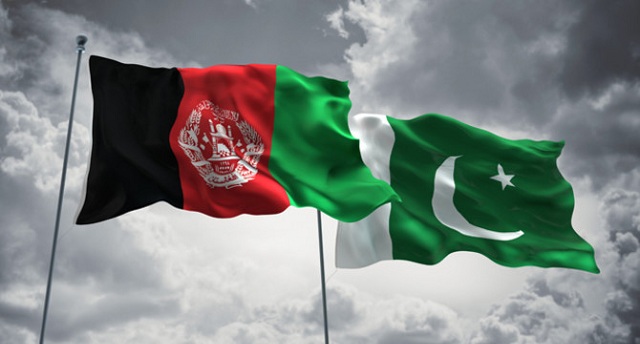
ISLAMABAD: The participants of a conference on Thursday underlined the need to bridge a communication gap between the governments of Pakistan and Afghanistan for tapping mutual business and trade potential.
The young entrepreneurs from both sides blamed a lack of communication between the two governments, trust deficit, negative perception, and political upheaval in Afghanistan major causes for ‘poor’ bilateral trade.
Belonging to various fields, around 20 young entrepreneurs from Pakistan and Afghanistan came together in the federal capital to discuss possible options to boost business cooperation between the two neighboring countries.
The conference was organized by the Center for Research and Security Studies (CRSS) as part of its ongoing Pak-Afghan Trade and Economic Connectivity initiative since 2017. The moot aimed to improve business cooperation and explore ways of developing partnerships and joint ventures.
Speaking on the occasion, Naqibullah Safi, the Executive Director of PAJCCI Afghanistan, said there was a lack of awareness about new trade policies and regulations that were emerging on both sides.
Further, the negative role played by the media and problems in visa issuance, had also affected the prospects of joint collaborations or investments that the two countries could greatly benefit from, he added.
Board of Investment (BoI) former chairman Naeem Zamindar advised the youth entrepreneurs of both sides to establish more people-to-people contacts, urging them to explore micro-entrepreneurship.
He urged both sides to come together and work together for joint business collaborations.
Certified Business Mentor and Director at Alishverish Enterprises, Fatima Anila, said the real issue with Pakistan and Afghanistan was of trust deficit.
The youth of the two countries needed to work together to overcome this deficit and explore the opportunities that were in abundance for the economic development of both countries and improving bilateral relations, she added.
“A difference between an entrepreneur and a businessman is that the latter always talk about the problems he faces, whereas the former thinks of a solution.”
Anila urged the entrepreneurs of Pakistan, Afghanistan and Iran to collaborate their efforts in building partnerships in the field of renewable energy and other potential areas of regional economic development.






